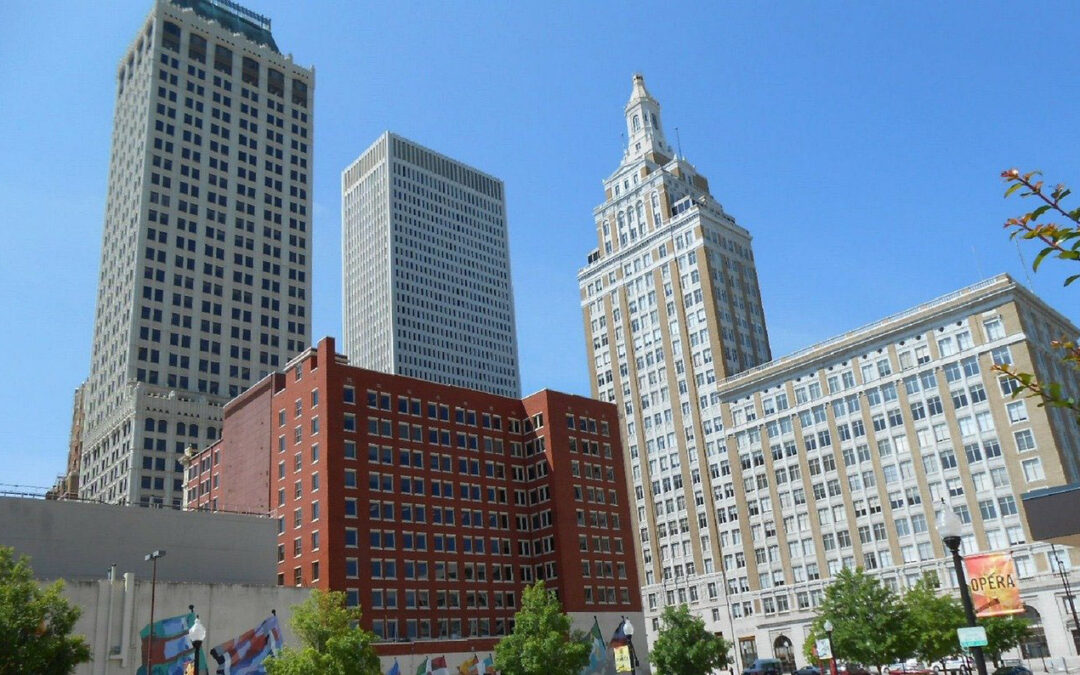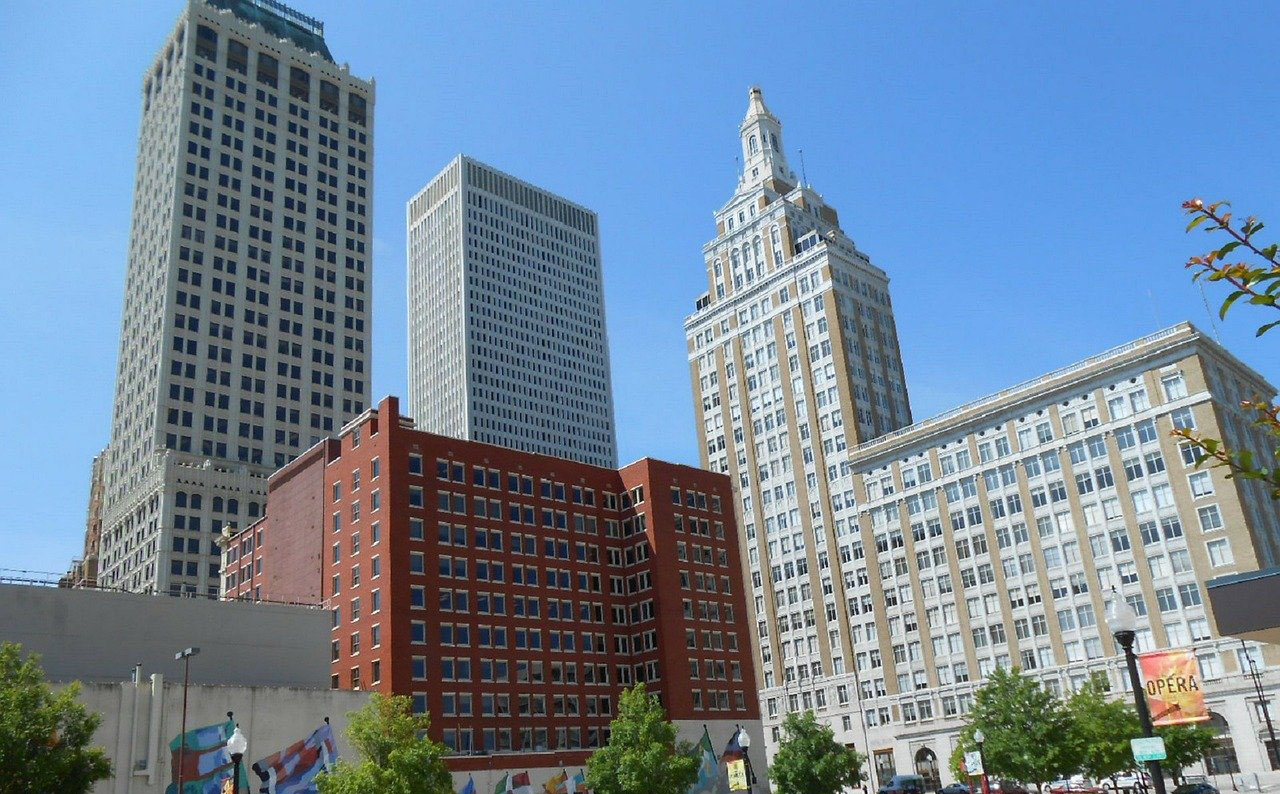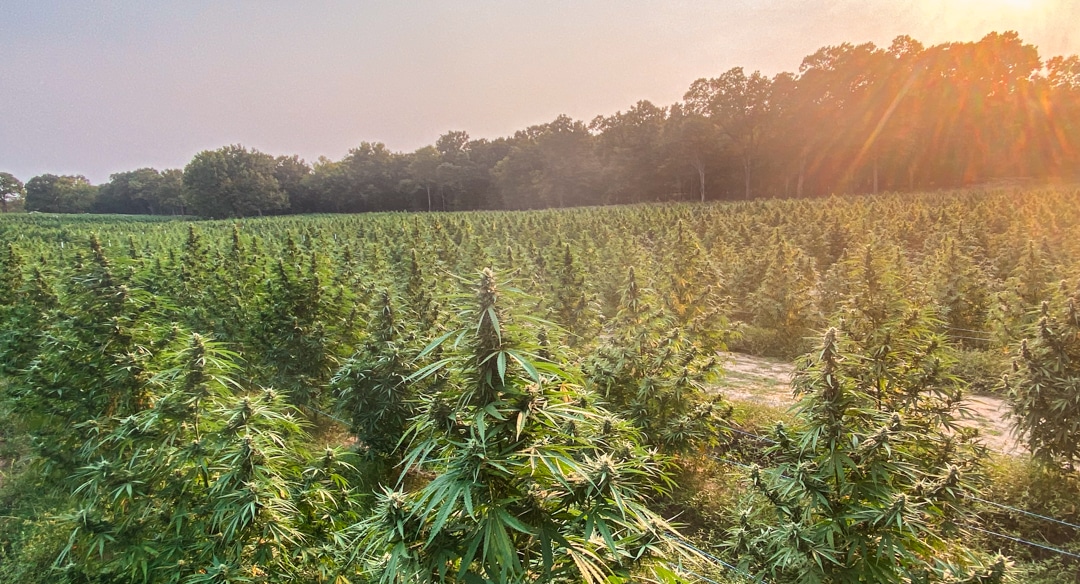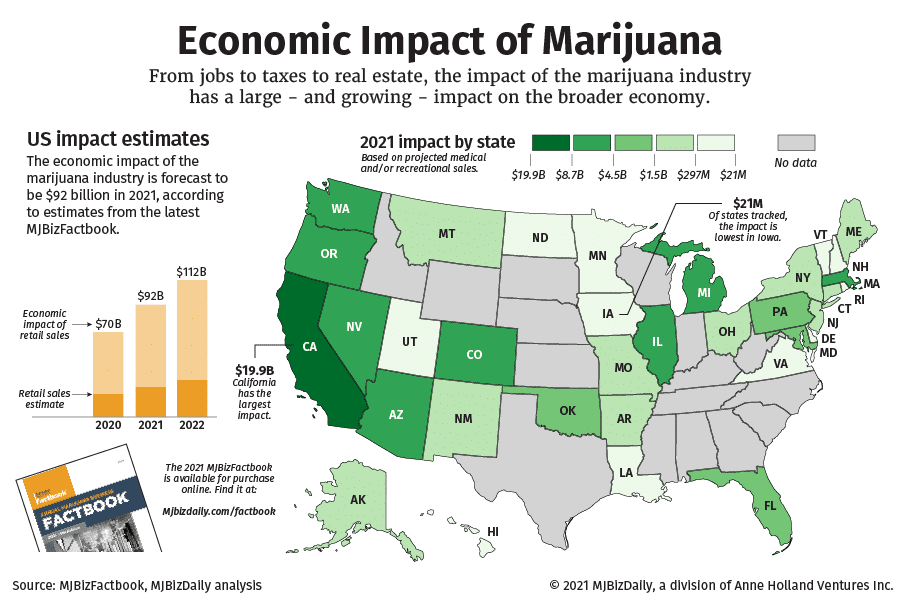
Republicans aim to restrict Oklahoma medical marijuana industry

Republicans in the Oklahoma House are unveiling a package of new restrictions on the medical marijuana industry.
OKLAHOMA CITY — Republicans in the Oklahoma House on Monday unveiled a package of new restrictions on the state’s booming medical marijuana industry, designed to crack down on illegal growers who sell cannabis on the black market.
The 12-point plan includes a standardization of lab testing and equipment, more inspections of grow facilities, separate licenses for marijuana wholesalers and stringent new reporting requirements for electric and water usage by growers. One proposal would also make the Oklahoma Medical Marijuana Authority a stand-alone agency, not a division of the Oklahoma State Department of Health.
“If you’re an illegal operator in Oklahoma, you’re time is up,” said Rep. Scott Fetgatter, an Okmulgee Republican and a member of the House Republican working group on medical marijuana.
The marijuana industry has been booming in Oklahoma since voters in 2018 approved one of the most liberal medical programs in the nation. It’s easy for patients to obtain a two-year medical license, and nearly 10% of the state’s population is now authorized to buy and use marijuana. Unlike other states, there also are no restrictions on the number of dispensary or grow licenses, and the low cost for entry into the industry has led to a flood of out-of-state pot entrepreneurs seeking to capitalize on the boom.
But the low barriers for entry and the loose regulatory environment also has led to a huge increase in the number of illegal operators, according to law enforcement.











